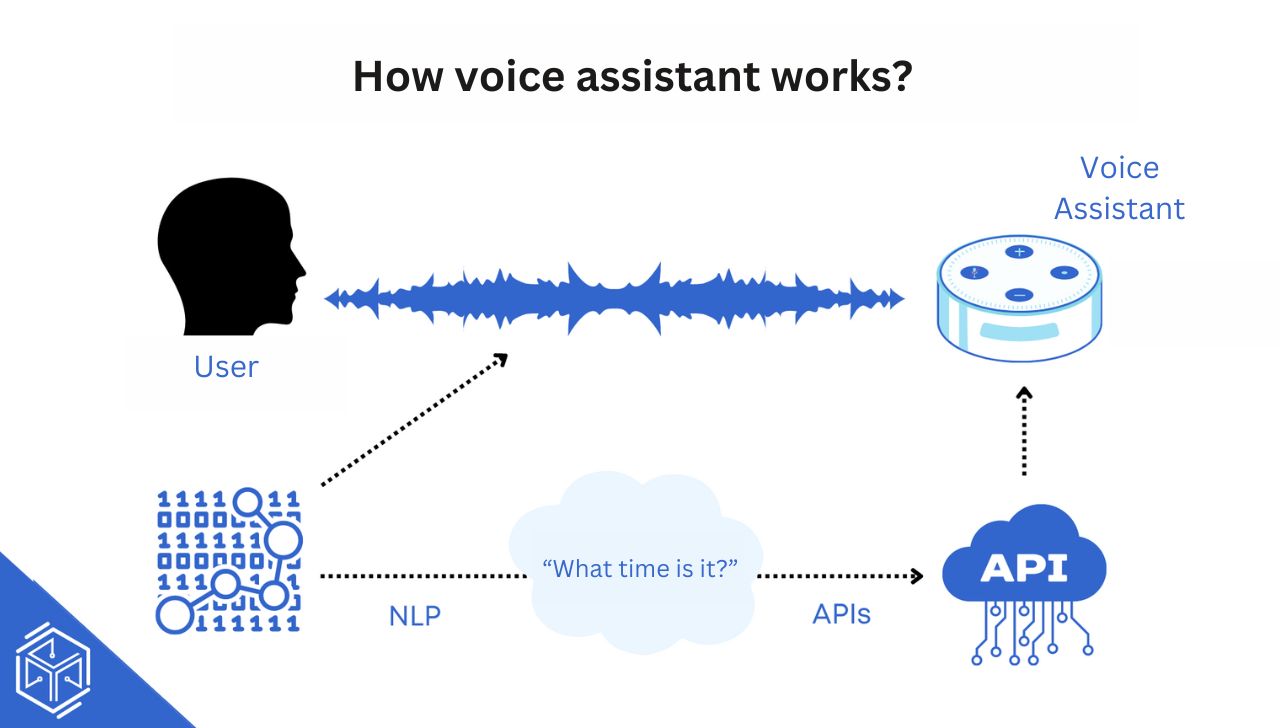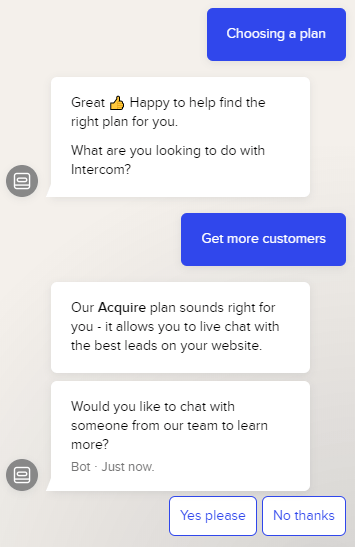3 AI applications that are changing the world
Artificial intelligence has been used for many years to solve specific problems and automate various tasks.
Of course, in the last few decades this field has seen tremendous growth and is expected to grow even more in the future, with AI (artificial intelligence) applications being everywhere in our lives.
So in today's article we will look at some of the most important AI applications in our time, and how they are likely to change our daily lives, although to a certain extent they have already achieved this.
But let's start with the basics.
What is Artificial Intelligence (AI)?
Artificial Intelligence (AI) is the process where machines are fed data and learn from their experience in order to automatically perform various commands and tasks.
In short, it is machine intelligence that simulates human behavior or thinking and is trained to solve specific problems.
AI is a mixture of machine learning, deep learning and various other learning techniques, as AI models are "fed" with data and trained on it to make intelligent decisions.
In fact, the AI software market revenue is expected to exceed $100 billion by 2025
Although the industry has seen a lot of growth in recent years, people have been paying attention to it for several decades, such as the first definition of AI by Alan Turing in 1950, and the book Artificial Intelligence: a Modern Approach, published by Stuart Russell and Peter Norvig in 1995.
Within this, they discuss 4 possible goals of AI that differentiate computing systems based on critical thinking and thought/action:
Human approach:
- Systems that think like humans
- Systems that act like humans
Ideal approach:
- Systems that think critically
- Systems that act with critical thinking
It is therefore clear that a great deal of attention has been paid to AI and its future prospects.
All this explosive growth has also led to the creation of many AI applications that aim to make human life easier.
Let's take a look at some of them.
3 AI applications
The applications we will mention below are from a variety of disciplines and each one has its own utility, but it is worth mentioning how each one aims to change the world in its own way.
Voice Assistants
Voice assistants or voice assistants are applications/devices that use voice recognition as a technology (NLP), as well as artificial intelligence to provide answers to users.
Primarily, there are 2 categories of voice assistants:
- General purpose
- Bot voice assistants
As for the first category, you've surely heard of devices like Apple's Siri and Amazon's Alexa.
Basically, every voice command they get from us (e.g. "What time is it in London?") is about valuable data that they learn from them so that each time their answer is increasingly accurate.

Ιn the second category are voice chatbots, which are usually embedded in apps or websites to help users navigate more easily. Something particularly useful for a visually impaired person.
Voice assistants in general are great examples of how AI can improve our daily lives, as they no longer just give us information, but can make online purchases on our behalf, call someone, make appointments and more.
Let's move on to the next artificial intelligence application.
Autonomous vehicles
Several car companies like Volvo, Toyota, Audi and Tesla are using machine learning to teach computers to think like humans.
This is particularly difficult, let alone when it comes to driving, where obstacles must be avoided, accidents avoided and basic traffic codes followed.

In fact, it is predicted that by 2030 about 6 out of 10 vehicles will be autonomous electric, 3 out of 10 will be autonomous vehicles owned by transport service companies, leaving 10% for the traditional vehicles we have today.
Similar to the voice assistants we saw earlier, autonomous vehicles will "scan" the environment, thus constantly receiving data, which they will process to learn from it.
In other words, the more data they receive, the more accurate their decisions will be. Something similar to what a data scientist does.
Chatbοts
Chatbots are artificial intelligence systems that are trained to understand users' text messages and give them responses.
That is, it's "live chat" but instead of it being between two users, it happens between a user and the machine.
Such AI applications are particularly useful for companies that want to improve their customer support and dramatically reduce wait times, since the machine replies to messages automatically.
In fact, according to research, a good chatbot that automates processes well can save as much as 330 hours every month.
.jpg)
There are several examples of chatbots, such as the one below:

Which helps users find the right plan regarding the purchase of a software.
Such systems are usually embedded in applications such as Facebook Messenger, WhatsApp and Zendesk.
As you can understand, the use of AI is necessary for the machine to read the messages and respond accordingly. The more data it receives though, the more it can be improved.
This is something that is usually undertaken by both developers and data science people, as they are considered the most qualified to manage such systems.
In a nutshell
So we have seen what artificial intelligence is, as well as various AI applications that are constantly being developed and changing our daily lives.
As we mentioned, this industry is directly intertwined with data science, in which those who specialize are considered among the most qualified professionals to manage AI systems.
So if you too want to acquire all the skills necessary for a successful career in the field of data science, as well as explore all the career prospects that are open to you, don't hesitate to attend the Data Science Bootcamp.
Through our comprehensive curriculum, you will learn all the scientific knowledge and techniques required!


.jpg)